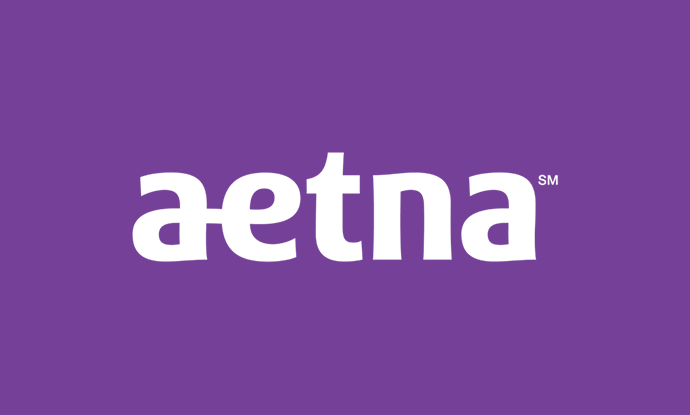Aetna to Re-Enter ACA Individual Health Insurance Marketplace
The payer has yet to finalize which markets it will join, but executives committed to re-enter the individual health insurance marketplace on January 1, 2022.

Source: Aetna Logo
- Aetna will be returning to the Affordable Care Act's individual health insurance marketplace, CVS Health announced in its 2020 fourth-quarter earnings results.
“As the ACA has evolved there's evidence of market stabilization and remedies to earlier structural issues. It is now time for us to participate in these markets,” Karen Lynch, president and chief executive officer of CVS Health, said on the earnings call. "We will show that we can bring great value to those who seek coverage. You can expect to hear more about our exchange reentry plans in future updates.”
Lynch was confident that the market has stabilized since its inception when many payers fled the fledgling market.
“Clearly, there's a big market—10 million to 15 million people—that we aren't participating in today,” Lynch acknowledged. “We view that the combination of the insurance and the CVS Health assets gives us a unique opportunity to put a competitive product into the market.”
This will be the first time that Aetna will offer products on the market under the CVS Health brand, Lynch noted. The payer left the individual health insurance market in mid-2017, a few months before CVS Health announced that it would be buying Aetna. The deal did not close until approximately a year later.
The most specific information that the payer’s executives were able to provide about Aetna’s re-entry was when it would take effect. The payer expects to re-enter on January 1, 2022.
However, other crucial details—such as in which state and county individual health insurance markets Aetna health plans will be available—have yet to be finalized. Lynch expected that these specifics would not be released to the public until the earnings call in the second quarter of 2021.
The individual health insurance market has expanded in its payer representation, leading to a reduced number of bare counties in recent years. In 2021, 30 payers entered the individual health insurance market across 20 states and over 60 payers decided to extend their footprints. Both factors brought the market closer to its apex of six payers per state in 2015.
At the same time, however, a recent report from the Government Accountability Office (GAO) discovered that there is a high amount of market concentration in the individual health insurance market, despite more payers flocking to it.
In 2018, a single payer held 50 percent of the market share in over half of the states in the US (31 states), GAO discovered. More payers competing in the individual health insurance market does not necessarily make the market competitive, the report warned.
CVS Health executives also provided updates on their first fully integrated health plan, the Aetna Connected Plan.
This health plan became available in the autumn of 2020 in Kansas and Missouri. The health plan is a narrow network plan with around 1,200 primary care physicians, 8,300 specialists, 13 hospitals, and 32 urgent care facilities.
The health plan uses CVS Health’s health clinics and pharmacy services—including the MinuteClinic providers and Aetna Care Managers—to bring down members’ healthcare spending. The payer expected that this format would contribute to 20 percent savings for members on their premiums.
The health plan has been successful, according to Lynch, and Aetna will expand its reach into fifteen additional markets in 2021.
Overall, the payer saw total revenues increase 4.6 percent in 2020, hitting $268.7 billion, according to the earnings call press release. This was mostly due to increases in the Health Care Benefits and Retail segments. Total revenue in the Health Care Benefits segment reached nearly $75.5 billion.
Enrollment grew to 23.4 million. The payer experienced a drop in its commercial insurance business, but this was offset by government insurance business growth. This contributed to an 8.4 percent total year growth in CVS Health’s Health Care Benefits segment.
Consumers’ care utilization returned to nearly normal levels for CVS Health in the fourth quarter of 2020.
